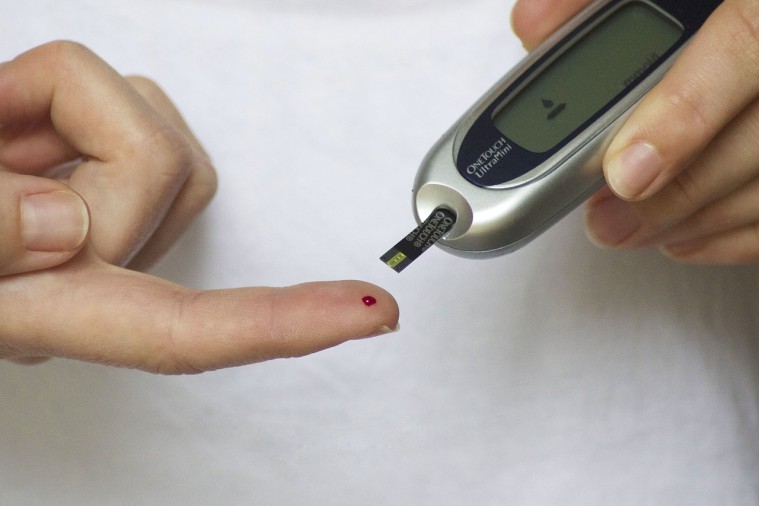And here we thought apple cider vinegar was great for the body. After all, it’s a powerful anti-fungal and antibacterial with a wide range of uses. It’s even been shown to help with weight loss, allergies, acid reflux, and colds. People even use ACV to whiten teeth! So what’s the problem? Well, you need to be careful if you have certain medical conditions, as well.
Yes, there are endless possibilities for apple cider vinegar uses. Apple cider vinegar also packs some pretty amazing health benefits. But if you’re not careful, it can do more harm than good. Combining it with certain medications or certain medical conditions can lead to unexpected health issues.
Avoid apple cider vinegar if you’re taking any of the following medications:
1. Digoxin or Lanoxin
Digoxin and Lanoxin are used to treat heart disease. Combining apple cider vinegar with either of these medications can be dangerous. The apple cider vinegar can prevent the absorption of potassium, increasing the risk of side effects including mood swings, vomiting, dizziness and diarrhea.

2. Diuretics
Medications such as Diuril, Lasix, Microzidea and Thalitone are commonly used to treat bloating. They stimulate the body to remove liquids that have accumulated, in order to reduce water retention. Diuretics can cause dehydration on their own. The risk of dehydration, along with low potassium levels, becomes even greater when they are taken with apple cider vinegar.
3. Insulin
Diabetics use insulin to balance blood sugar levels in the body. While apple cider vinegar can help control blood sugar levels, it should never be used in combination with insulin. Taking the two together can lower potassium levels and blood sugar levels in the body.

Do not use apple cider vinegar if you have any of these medical conditions:
1. Diabetes
Both insulin and apple cider vinegar can lower potassium levels in the body. Therefore, taking both can be a dangerous combination. Apple cider vinegar also lowers blood sugar levels. In other words, if you’re taking medication to lower your blood sugar levels, you will need to be careful that your blood sugar levels don’t drop too low (hypoglycemia). But maybe you can work with your healthcare provider to wean off medications and replace them with ACV.
2. Pregnant or Nursing
Amazingly, even with all the years of home use, the effects of apple cider vinegar on a developing fetus and on a newborn baby are unknown. Because of this, women who are pregnant or nursing should avoid unpasteurized apple cider vinegar in case of possible negative effects.

3. Postmenopausal
Women who are postmenopausal are more likely to have reduced bone density. Taking apple cider vinegar on a regular basis can lower potassium levels in the body. This can end up reducing the strength of your bones. High amounts of apple cider vinegar can lead to osteoporosis for postmenopausal women.
Sources:
Health And Healthy Living
RX List
WebMD
Everyday Health
Kitty Moms


